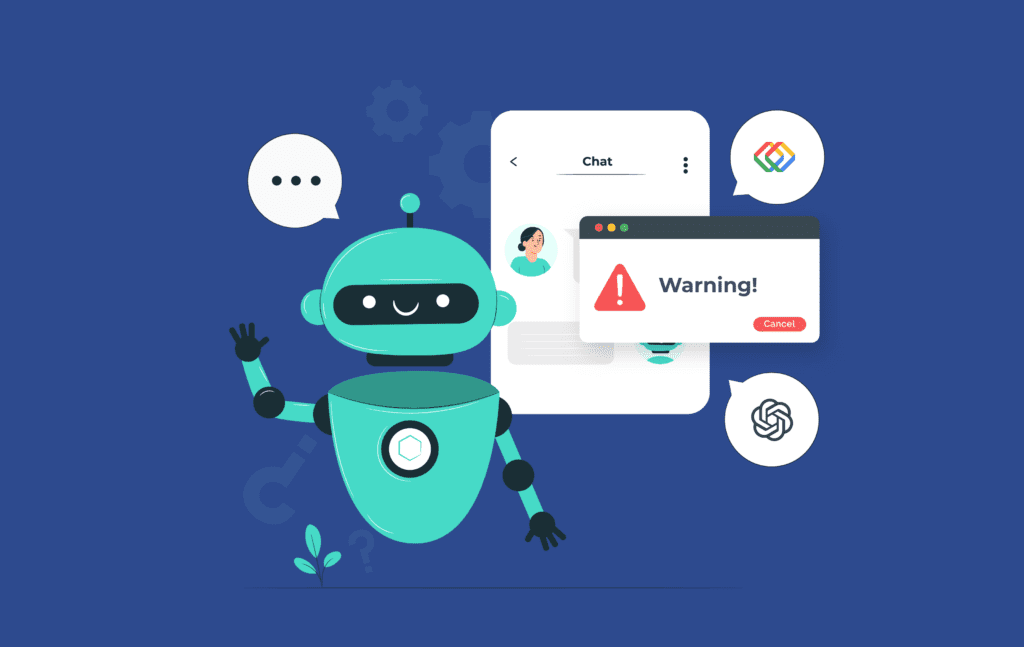
In recent years, the integration of chatbots in healthcare has transcended mere operational assistance, expanding into a realm of innovative solutions for complex challenges. This article explores the versatile applications of healthcare chatbots, shedding light on their transformative impact on patient care and medical processes.
Unveiling the diverse use cases
1. Patient-centric insights
Traditionally, renowned platforms like WebMD and Mayo Health provided online symptom checkers, which essentially functioned as AI chatbots. Today, with advancements like ChatGPT and other language learning models, these chatbots offer highly accurate insights into patients’ medical conditions, enhancing the accuracy of information provided.
2. Seamless appointment scheduling
Chatbots have addressed a significant challenge by enabling patients to effortlessly schedule appointments. By simply inputting their preferences, patients can schedule appointments on-the-go, allowing the chatbot to automatically secure a time slot in the doctor’s calendar.
3. Streamlining patient data aggregation
Chatbots play a crucial role in collecting patient data, easing the burden on healthcare providers. By posing relevant questions, these bots gather essential medical information, contributing to accurate diagnoses and reducing manual data entry time.
4. Empowering chronic disease management
The complexity of managing chronic conditions necessitates accurate data. Innovative chatbots, such as Ava and MayoBot, leverage natural language processing and machine learning to provide holistic support, covering education, reminders, and self-management for patients.
5. Enhancing mental health support
In the face of rising stress and mental health concerns, chatbots like Woebot and Youper offer continuous emotional support. These bots provide a 24/7 platform for users to express their concerns, contributing to mental well-being.
6. Medication guidance and reminders
Designed specifically for medication management, chatbots offer reminders, dosage education, and tracking features. This not only reduces medication errors but also enhances the overall patient experience and adherence to prescribed regimens.
7. Timely reminders for health checkups
Setting reminders for medication and regular checkups is crucial, especially for chronic diseases. Chatbots excel in providing daily reminders, ensuring patients stay on track with their health management.
8. Accessible Medical Information
Chatbots like ChatGPT and Google Bard serve as valuable aids for obtaining medical information. Users can receive assistance in understanding symptoms, health management measures, and dietary advice, all without the need for a physical doctor visit.
9. Strategic healthcare marketing
In the business aspect of healthcare, chatbots prove invaluable for engaging with potential leads, converting leads to appointments, promoting services, offering direct assistance on websites, providing personalized recommendations, targeting specific customer bases, and collecting valuable feedback.
Conclusion
As the healthcare landscape embraces the era of chatbots, their role transcends being a mere option; they have become an essential tool for enhancing customer experiences and ensuring sustainable healthcare services. The market is ripe with cutting-edge AI chatbots, presenting a plethora of opportunities for the healthcare industry to leverage these advancements.
